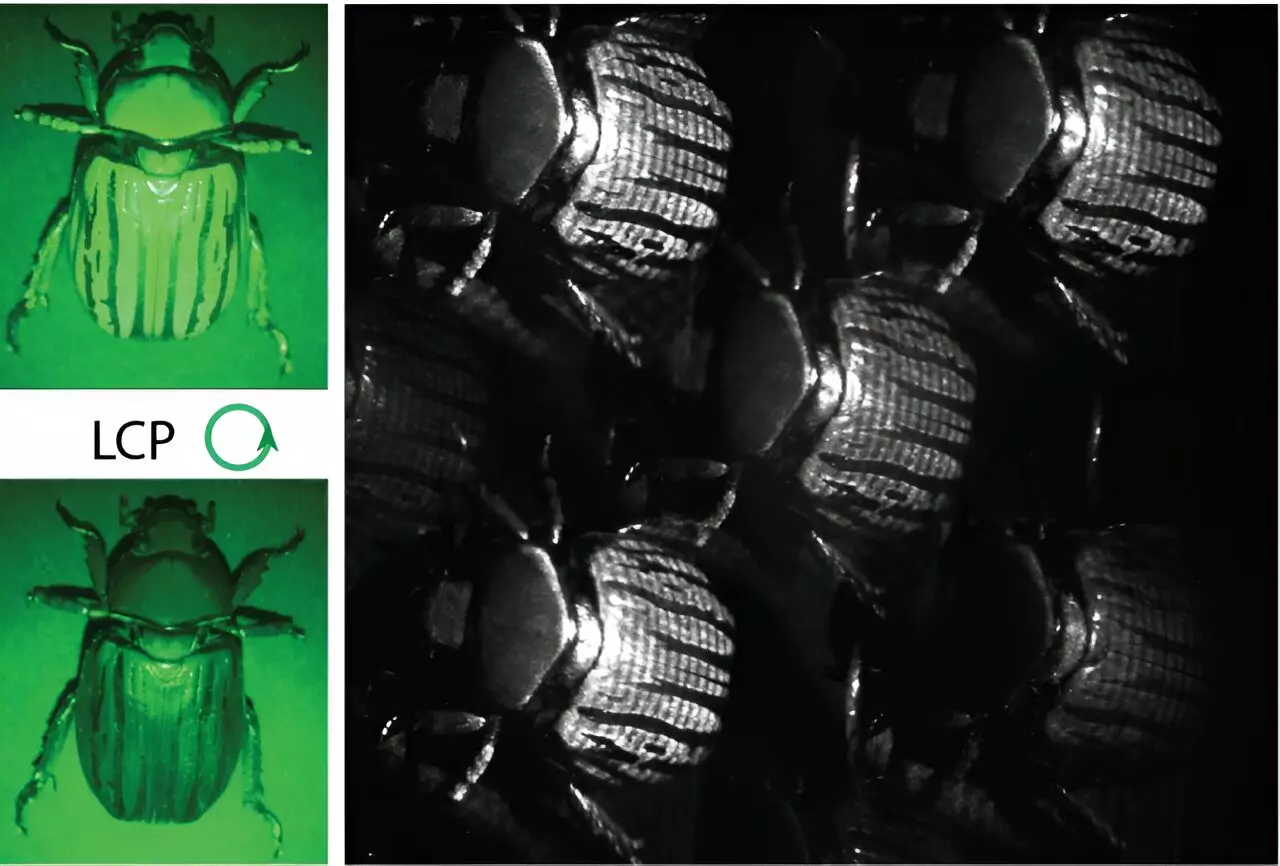Color is a powerful tool that provides us with valuable information about our surroundings. However, color is just one aspect of light that can be utilized for various purposes. In addition to color, polarization, which refers to how the electric field oscillates as light propagates, can also provide rich information. While color has been extensively used in digital imaging, polarization imaging has often been limited to laboratory settings due to the complexity of traditional optics required.
Recently, researchers at the Harvard John A. Paulson School of Engineering and Applied Sciences (SEAS) have made significant progress in developing a compact polarization imaging system. This system, which utilizes just two thin metasurfaces, has the potential to revolutionize the field of polarization imaging. The system can provide a comprehensive picture of polarization in a single shot without the need for bulky rotational mounts or traditional polarization optics.
The compact polarization imaging system opens up a wide range of applications in various industries, including biomedical imaging, augmented and virtual reality systems, and smartphones. The elimination of moving parts and bulk polarization optics allows for real-time imaging in critical areas such as medical diagnostics, material characterization, and machine vision. The system has the potential to enhance endoscopic surgeries, facial recognition in smartphones, and eye tracking in AR/VR systems.
Comparison with Conventional Polarization Imaging
Unlike conventional polarization imaging techniques, the new system developed by the researchers at SEAS utilizes active polarization imaging, known as Mueller matrix imaging. This approach allows for the capture of the most complete polarization response of an object by controlling the incident polarization. By using two thin metasurfaces, the system can generate polarized structured light and analyze the changes in polarization to reconstruct the final image in a single shot. This simplified approach eliminates the need for multiple rotating plates and polarizers, streamlining the imaging process.
The compact polarization imaging system developed by the researchers at SEAS has the potential to revolutionize the field of polarization imaging. By combining structured light and polarized imaging, the system captures the most comprehensive polarization information in a single shot. This advancement opens up opportunities for applications in various industries, including medical diagnostics, material classification, pharmaceuticals, and machine learning. The use of nanoengineered metasurfaces simplifies the design of the system, making it more accessible for widespread adoption in advanced imaging applications.
The development of a compact polarization imaging system by researchers at the Harvard John A. Paulson School of Engineering and Applied Sciences represents a significant advancement in the field of polarization imaging. The system’s ability to capture comprehensive polarization information in a single shot without the need for bulky optics or moving parts paves the way for a wide range of applications in critical areas such as medical diagnostics, material characterization, and machine vision.


Leave a Reply